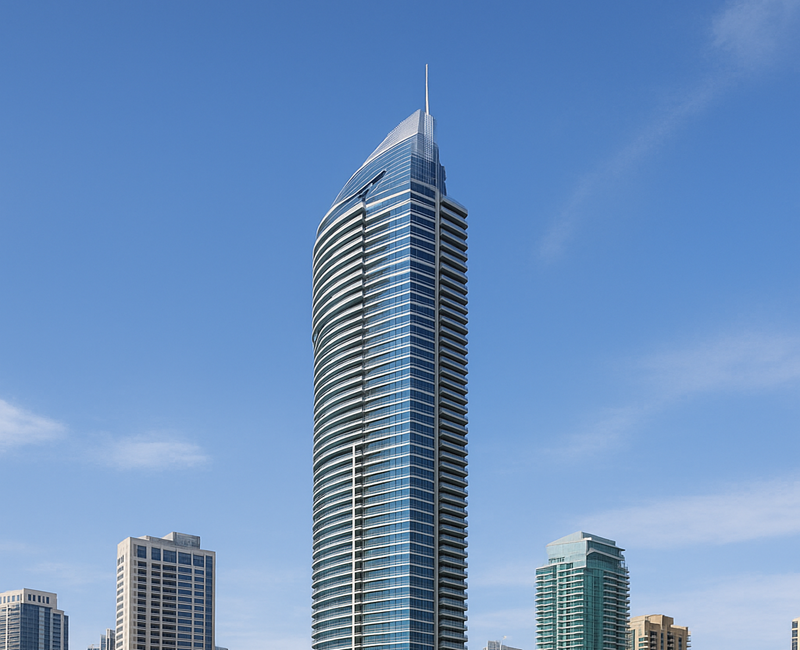Dubai landlords’ rights: How property owners can lawfully evict tenants

Nov 14, 2025Source
The Dubai Rental Dispute Centre explains landlords' rights. File photo of the Dubai skyline along Shaikh Zayed Road for illustrative purposes only.
Dubai: Dubai landlords have clear legal avenues to protect their property and ensure tenants comply with lease agreements, according to Dr. Omar Bin Suwaidan Al Suwaidi, Senior First Instance Judge at the Rental Disputes Centre (RDC).
The RDC guarantees that eviction and dispute processes are handled fairly, efficiently, and transparently.
When landlords can evict tenants :
Non-payment of rent: If tenants fail to pay rent within 30 days of receiving a notice.
Unauthorised subleasing: Subleasing without written consent allows eviction of both tenant and subtenant.
Illegal use of property: Use of the property for illegal activities or in violation of public order.
Commercial property vacancy: For commercial leases, properties left unoccupied for 30 consecutive days or 90 non-consecutive days within a year.
Property damage: Significant alterations or negligent acts that harm the property.
Breach of lease obligations: Failure to comply with lease terms within 30 days of notice.
Urban development needs: If authorities require demolition or reconstruction.
Landlords must notify tenants through a notary public or registered mail for pre-lease evictions.
Eviction at lease expiry
After the lease ends, landlords may evict tenants under circumstances such as:
Property demolition or expansion: When rebuilding or adding structures prevents tenant use.
Renovation requirements: Major renovations that cannot be carried out while occupied.
Personal use: When the landlord or a close relative requires the property.
Property sale: If the landlord plans to sell the property.
Post-lease evictions require at least 12 months’ notice through a notary public or registered mail.
RDC supports both landlords and tenants
Dr Al Suwaidi emphasized that while tenants are protected from arbitrary eviction, landlords have recourse when tenants violate lease terms. “If tenants fail to pay rent or make unauthorized structural changes, landlords are entitled to take action,” he said.
The RDC provides digital tools for efficiency, including online complaints, remote hearings, and real-time case tracking. Landlords, especially those abroad, can manage disputes without visiting the center.
Maintenance and obligations
Landlords are legally responsible for ensuring properties meet municipal standards and are maintained. The RDC can compel landlords to act if issues are reported and unresolved.
Digital access
With remote hearings, online submissions, and real-time tracking, landlords can efficiently resolve disputes and protect their rights. Dr. Al Suwaidi noted: “Awareness of legal protections ensures landlords are not powerless, while tenants also receive fair treatment.”
Get In Touch
Latest Blogs

Makateb Building of Sultan Real Estate: An In-Depth Overview

UAE conducts first government transaction using Digital Dirham

Umm Suqeim Night Swimming Beach Dubai – A Unique Beach After Dark

